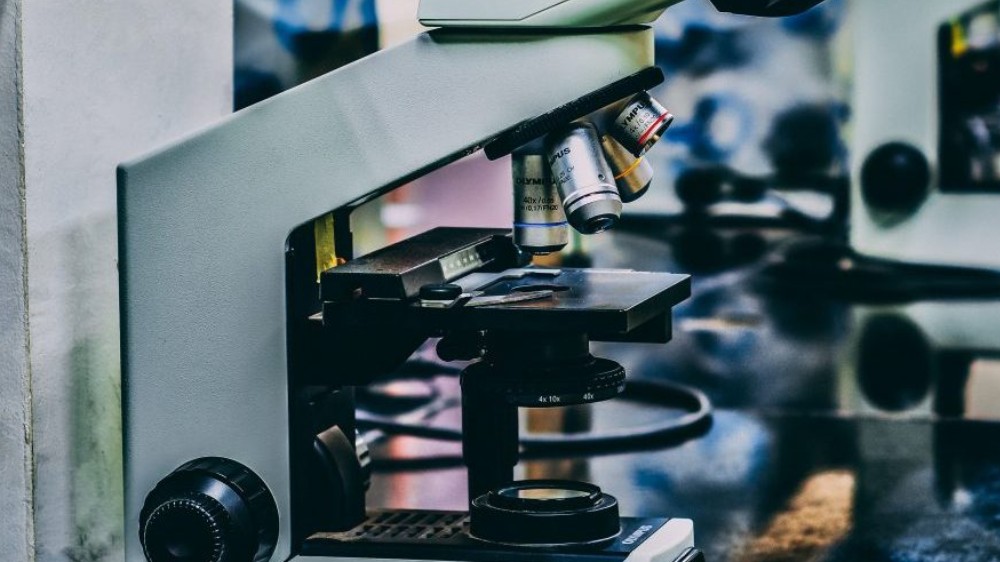May 28, 2020
The Multi-faceted Mechano-bactericidal Mechanism of Nanostructured Surfaces
Steel Research Hub Chief Investigator, Professor Elena Ivanova from RMIT University has recently published a research article in the Proceedings of the National Academy of Sciences of the United States of America (PNAS).
PNAS is one of the most prestigious and highly cited multidisciplinary research journals and Prof. Ivanova’s article details her research work at UOW’s Steel Research Hub on the design and characterization of mechano-fungicidal surfaces (Anti Fungal and Coatings activities).
Mechano-bactericidal activity of nanostructured surfaces has become the focus of intensive research for the development of a new generation of antibacterial surfaces, particularly in the current era of emerging antibiotic resistance.
This research demonstrates the effects of an incremental increase of nanopillar height on nanostructure-induced bacterial cell death. The team proposes that the mechanical lysis of bacterial cells can be influenced by the degree of elasticity and clustering of highly ordered silicon nanopillar arrays.
These findings can be used to inform the design of next-generation mechano-responsive surfaces with tuneable bactericidal characteristics for antimicrobial surface technologies.
The full article can be found on the following website:
